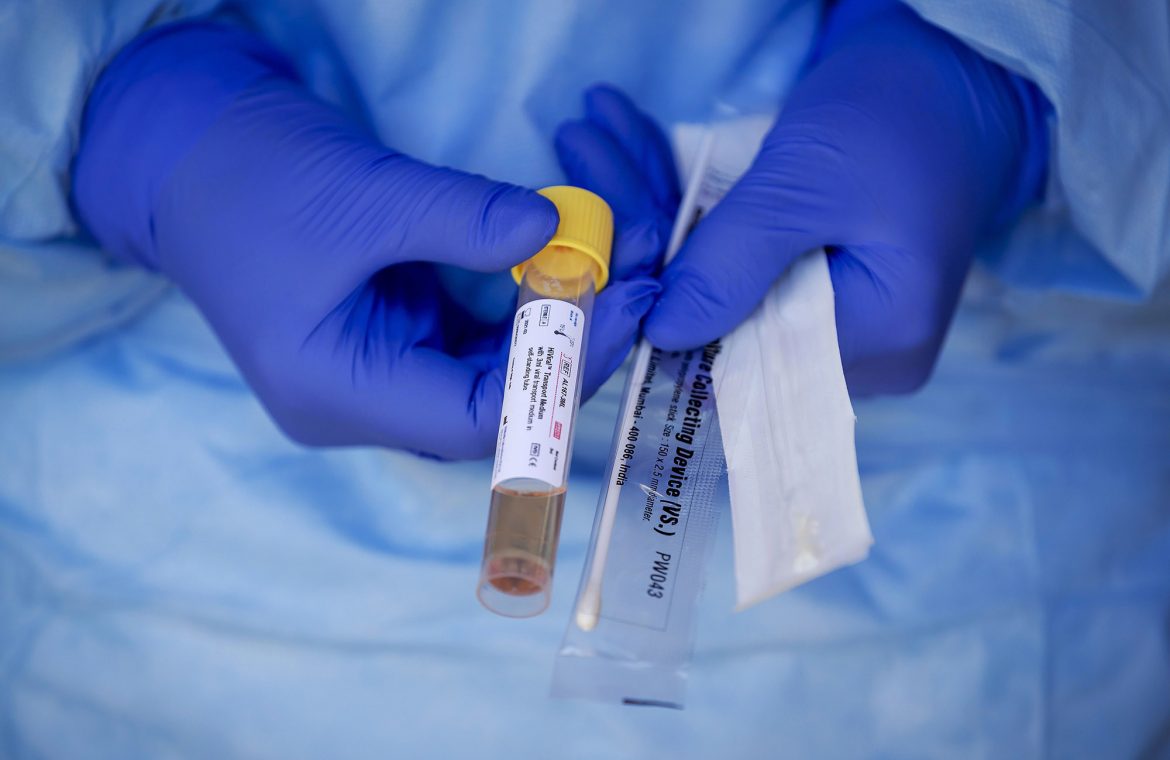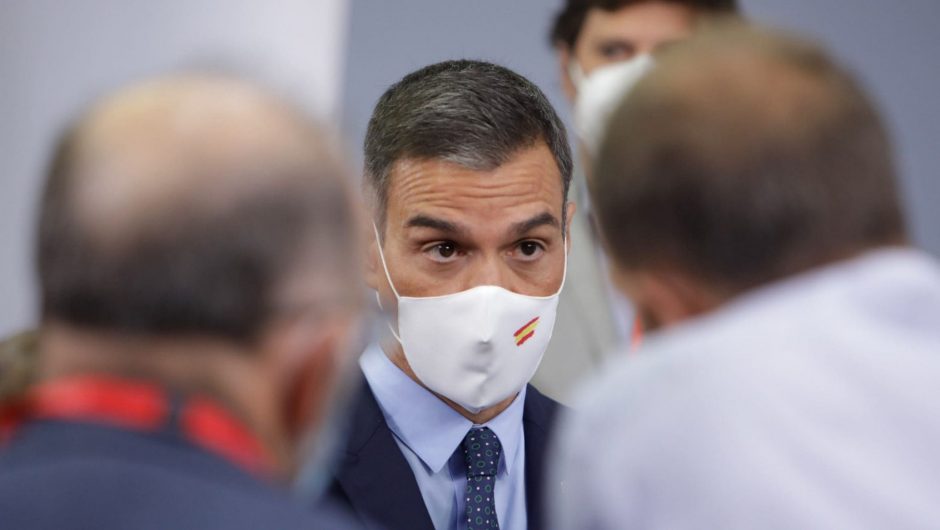An elderly woman in the Netherlands is the first reported person to die after becoming infected with COVID-19 a second time, according to a new study.
The unidentified 89-year-old woman — who had a rare form of cancer — tested positive for COVID-19 earlier this year after going to a hospital emergency room with “fever and severe cough,” said the study published in the peer-reviewed journal Clinical Infectious Diseases.
“She was discharged after 5 days and besides some persisting fatigue her symptoms subsided completely,” said the study in the official publication of the Infectious Diseases Society of America. No date was given for the tests or her discharge.
But 59 days later, she “developed fever, cough” and had difficulty breathing — and tested positive a second time.
The second infection came just two days after her latest round of chemotherapy for a type of non-Hodgkin lymphoma called Waldenström’s macroglobulinemia, which compromised her immune system. However, two tests for coronavirus antibodies both came back negative.
“At day 8, the condition of the patient deteriorated. She died two weeks later,” the study said, again without giving dates.
The Dutch woman had not been tested in between her two bouts of coronavirus — but “the two strains differed” notably, the team of Dutch researchers wrote.
“It is likely that the second episode was a reinfection rather than prolonged shedding,” the study insisted.
The paper compared her to the 25-year-old Nevada man recently revealed as America’s first confirmed case of reinfection, saying both “experienced a more severe second episode.”
While that may have been expected given the Dutch woman’s recent chemo, the US man had no other underlying conditions, the study noted. He also appears to have been infected with two different genetic strains.
To date, researchers have confirmed only 23 cases of reinfection, but in all prior cases, the patient recovered, the Telegraph said.
“There are still many unknowns,” Mark Pandori, the director of the Nevada State Public Health Laboratory who led the study into the American case, told Bloomberg.
“Our findings signal that a previous SARS-CoV-2 infection may not necessarily protect against future infection,” he said. “The possibility of reinfections could have significant implications for our understanding of COVID-19 immunity, especially in the absence of an effective vaccine.”








